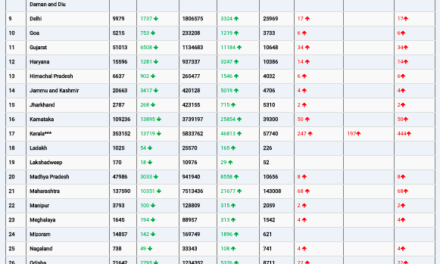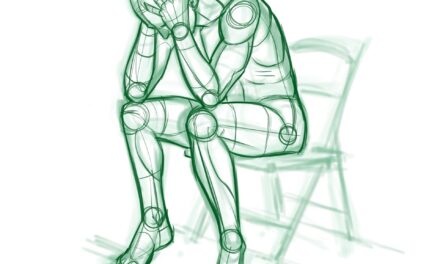A new study by Oregon State University (OSU) reveals that loneliness is a more significant driver of insomnia among college students than excessive screen time. The research, led by scientists from OSU’s College of Liberal Arts, highlights the pressing public health concerns of both loneliness and insomnia, which are at epidemic levels in young adults pursuing higher education.
The study, published in the Journal of American College Health, involved over 1,000 undergraduate students. It found that while increased screen time—particularly in the 8- to 10-plus-hour range—was associated with a greater likelihood of insomnia, loneliness proved to be a stronger predictor.
Among the participants, 35% reported high levels of loneliness, which correlated with nearly double the rates of clinically significant insomnia symptoms compared to their less-lonely peers.
“For the students in our study, screen time was definitely associated with insomnia symptoms,” said John Sy, a graduate student in OSU’s School of Psychological Science. “But loneliness was a better predictor of insomnia.”
The Widespread Impact of Loneliness
Loneliness, a condition the researchers describe as “pervasive,” negatively impacts overall wellness, contributing to stress sensitivity and rumination over negative events—factors that disrupt sleep. The U.S. Surgeon General has previously noted that loneliness raises the risk of premature death at a rate comparable to smoking, while the CDC reports that one-quarter of college students suffer from insomnia, undermining their cognitive function, mood, and overall well-being.
“Insomnia is detrimental to the health of college students,” said Jessee Dietch, assistant professor of psychological science at OSU and a licensed clinical psychologist. “It has been consistently associated with increased stress, anxiety, and mood disturbance, as well as decreased academic performance.”
Dietch also pointed out that college students experience insomnia at significantly higher rates than non-students of the same age, with 18.5% of students affected compared to 7.4% of their non-collegiate peers.
Recommendations for Better Sleep
The study’s findings suggest targeted interventions. While limiting screen time to a maximum of 8–10 hours daily can help mitigate insomnia risk, the researchers emphasize addressing loneliness as a priority.
“There is a prevailing notion that screen time increases the likelihood of insomnia symptoms, and we did see that,” Sy said. “But we also encourage university administrators and counselors to prioritize loneliness before screen time when addressing insomnia.”
The researchers further highlighted the protective role of strong personal relationships, whether through close friendships or romantic partnerships, in reducing loneliness among students.
This research underscores the need for holistic mental health support in college environments, focusing not just on technology use but on fostering connections to combat the silent epidemic of loneliness.
For more details, see the study: John Richmond T. Sy et al, Screen time and insomnia among college students: the moderating effect of loneliness, Journal of American College Health (2024). DOI: 10.1080/07448481.2024.2428413.











